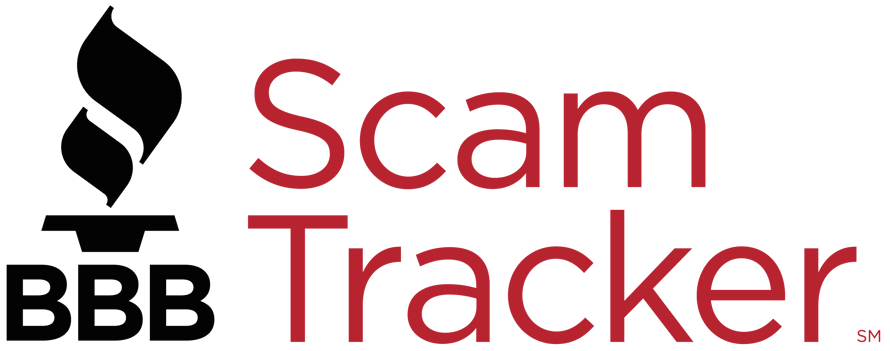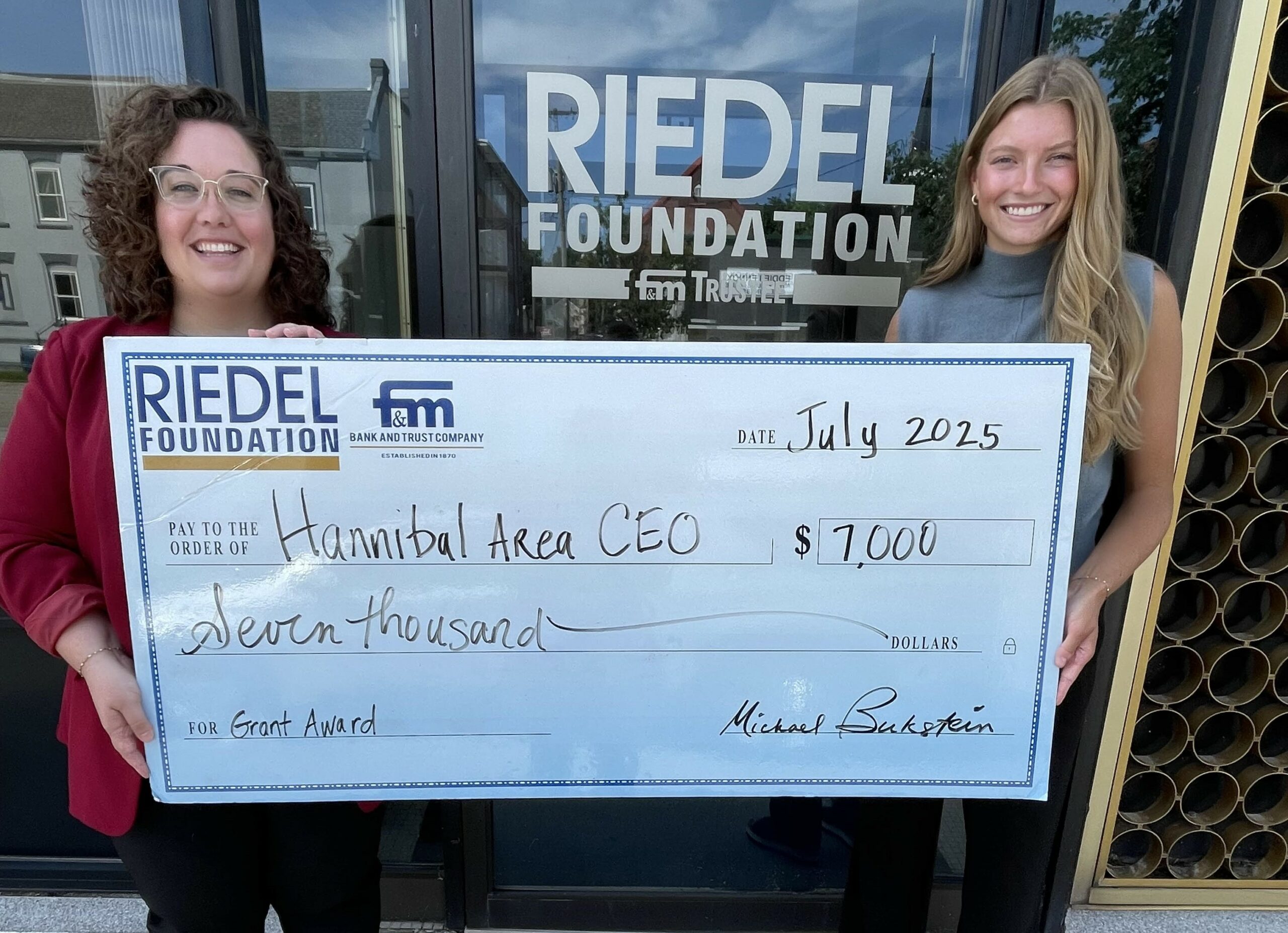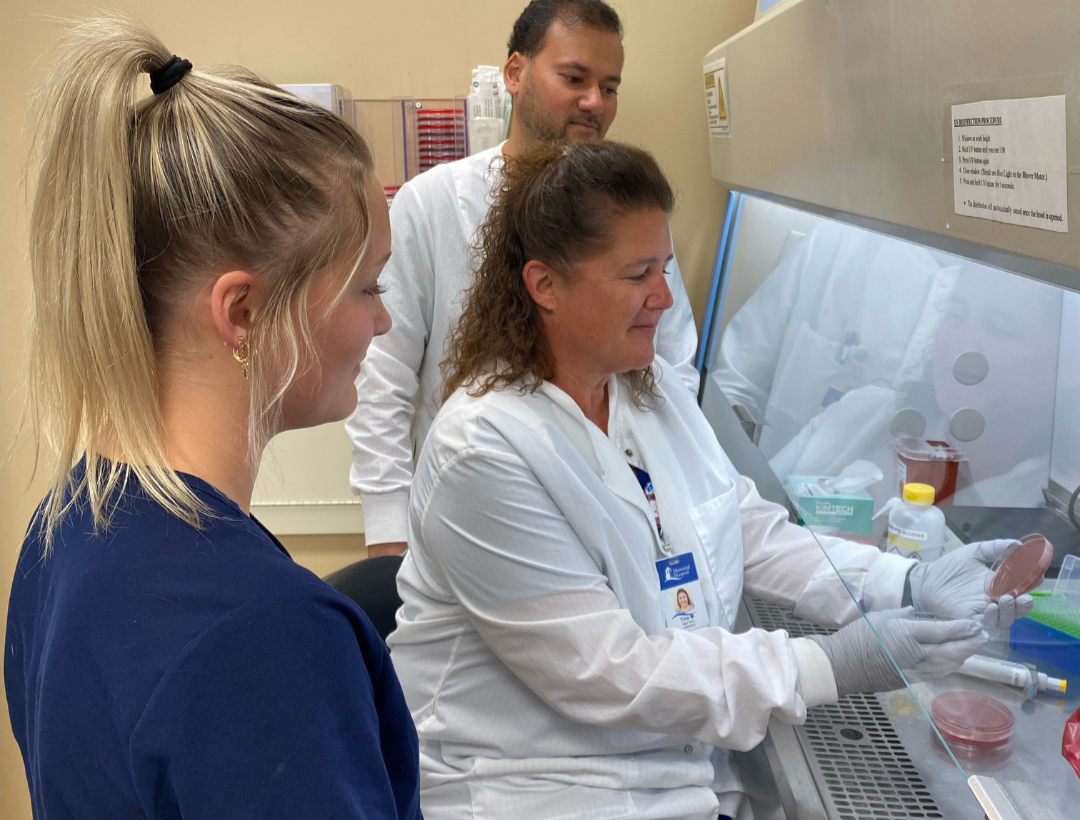Quincy Phone calls from scammers posing as representatives of your bank, tech support, or government agency may be familiar to you. What occurs, however, if you receive a phone call that looks to be from a person you know?
Emergency scams, often known as grandmother scams, prey on people’s worries about their loved ones. This fraud involves someone posing as a loved one sending you an urgent call, voicemail, or text message. They may give plausible information and claim they need money immediately to escape difficulties.
AI and a method known as voice cloning are helping to make this old swindle even more believable.
Scammers can use AI to mimic a person’s voice with just a few seconds of recorded audio. They can then utilize this method to send voicemails, calls, or texts that are generated by AI and request money. It’s difficult to determine whether the call is from someone you know because of the familiar voice.
Even if someone claims that a call or message is urgent, it’s acceptable to pause and confirm if you’re unsure.
If a call is created by AI, how can I tell?
- Double check the source. If you get an unusual, urgent or emotional voice message, call the person you think it is directly (or have someone else call them) to double check if it was them. Check the caller ID on voicemails, but remember that caller ID can be spoofed.
- Stop and think before you react. If you re scared or taken off guard, you may be less likely to notice the details of a scam call. Scammers will try to pressure you to act as quickly as possible, so you don t have time to think. Pause and try to remain calm. Does the message really sound like the person you think it is?
- Have a safe word for calls. Pick a unique word for you and your family to use on the phone if you re in trouble. Keep this word private. If you receive an urgent phone call that seems to be from a family member and they don t use the word, hang up and call them directly.
- Trust your gut. If you receive a strange call or voicemail, ask a friend or loved one for a second opinion, or check BBB.org for information about common scams.
- Reduce solicitations. Registering all unsolicited phone numbers on the Do Not Call registry may help reduce the chance that scammers will call your phone number in the first place. You may wish to change your phone number if you frequently receive spam calls.
- Limit where you post your voice online. Remember that very little audio is needed to imitate a person s voice with AI. It s easy for scammers to find audio on the internet. You may want to consider limiting where you share audio of your voice publicly or setting your social media profiles to private.
The Quincy Better Business Bureau’s regional director is Don O. Brien. Reach him at 217-209-3972 or [email protected].












